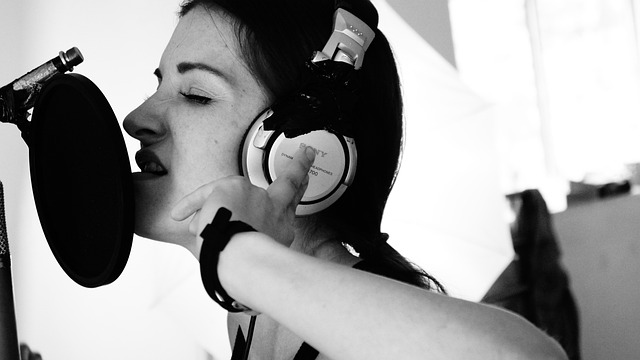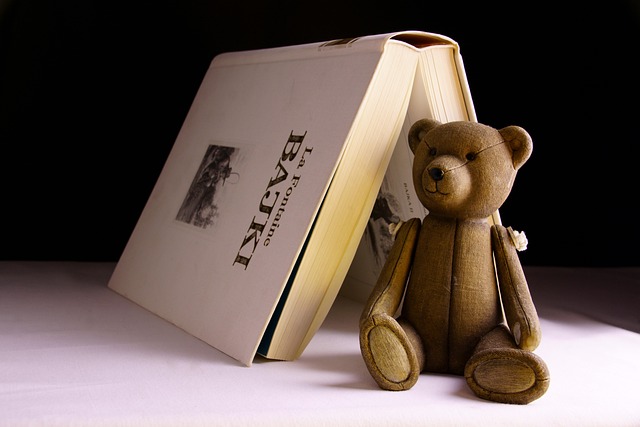Article Title:Teachers' conceptualizations of multilingual learners' so-called 'academic' language in oral-language assessments
Abstract:
We used a Self-Study of Teacher Education Practices (S-STEP) methodology to consider how 16 teachers in an English as a Second Language (ESL) assessment course discussed 'academic' versus 'social' language while assessing a multilingual student's oral language. Using a figured-worlds framework to explore teachers' underlying beliefs about the 'academic'/'social' language dichotomy, we aimed to explore: What figured worlds were present in teachers' dichotomous descriptions of multilingual students' 'academic' and 'social' language? Our findings reveal four inter-related figured worlds that teachers' descriptions revealed about students' oral language. First, teachers used words like formal, complex, and difficult to characterize so-called 'academic' language, while they described 'social' language as informal, simple, non-specific, etc. Second, teachers depicted multilingual students as struggling with or overwhelmed by 'academic' language but as having strong conversational skills and a relaxed and even jovial manner when using so-called 'social' language. Third, teachers depicted themselves as owners and controllers of 'academic' language and as charged with imparting 'academic' language on students. Finally, teachers associated English with 'academic' language and students' home languages with 'social' language. These findings suggest that teachers' figured worlds relate both to their views of language and to their identities and roles as teachers.
Keywords: Teacher education; S-STEP; language dichotomies; academic language; social language
DOI: 10.1080/09500782.2024.2365775
Source:LANGUAGE AND EDUCATION
Welcome to correct the error, please contact email: humanisticspider@gmail.com



